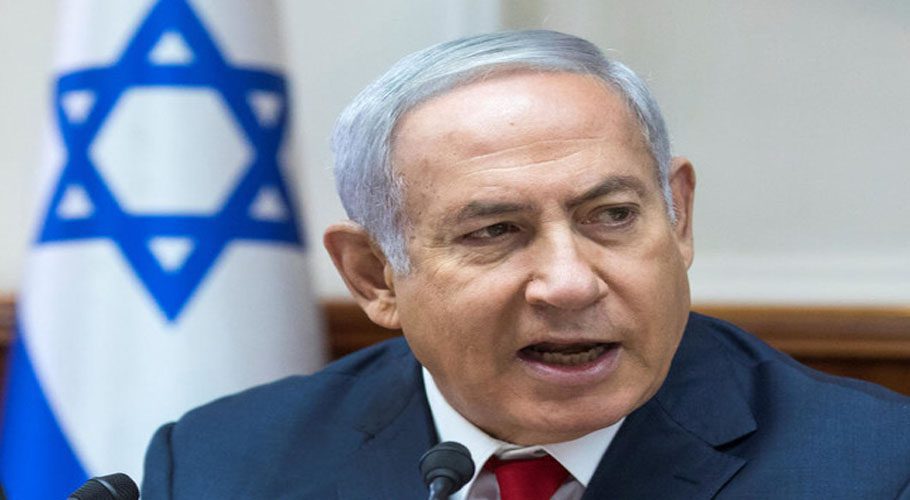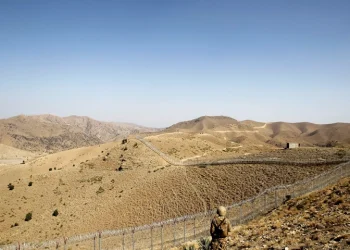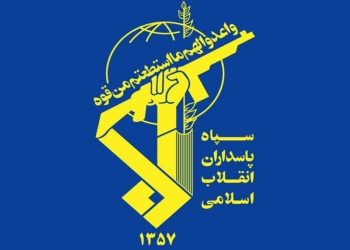As Muslims, we place great importance on seeking knowledge. Being open-minded allows us to learn from others by examining, tolerating, and accepting differing viewpoints and situations.
In the Islamic context, open-mindedness means the capacity to examine, tolerate and accept differing viewpoints and situations. We must develop the mental ability to look beyond the superficial and immaterial that distracts most of us to get to the crux of the matter.
The main reason we find it hard to be open-minded is that we are ignorant of our own ignorance. As Muslims, we value knowledge but we also resent the compounded ignorance. Compounded ignorance occurs when a person doesn’t know something but believes he/she does know. Thus, one of the greatest fears that we should have is that we are completely convinced that what we know is the only truth and we are oblivious about other legitimate opinions.
All the great Imams like Abu Hanifa, Malik, Shafi’I, and Hanbal shared this belief, “what I believe is what I believe to be the truth after careful study and examination and you are wrong but it maybe you are right and I am wrong.” This is an important facet of open-mindedness that we find in the life of the Holy Prophet Muhammad (SAW).
Our Nabi (SAW) was willing to engage with people and advised us, “When you speak to people, speak so that they can understand” (Sahih al-Bukhari 127). This is vital as we don’t want our whimsicality in words to develop narrow-mindedness in the people, we are trying to convey knowledge to.
One day a man approached the Prophet (SAW) for help in making dua to Allah (SWT) in the same eloquent way as he (SAW) and the other Sahaba, as this man didn’t know how to ask Allah (SWT) for the things he wanted. Our Nabi (SAW) asked the man what do you say to Allah (SWT) and the man replied, “O Allah (SWT), I ask you to give me Jannah and protect me from the hellfire.” The Prophet told the man that everything he and the Sahaba say in dua is asking for those same things.
The lesson we learn from this incident is that our Nabi (SAW) didn’t scold this man for not using the same words as him (SAW) when making dua. The Prophet (SAW) is making us realize that we must be open to different approaches to Allah (SWT), as long we are on the same path of righteousness as our Nabi (SAW).
We also must remember that open-mindedness in Islam doesn’t mean forsaking what Islam requires. For example, we can’t abandon the obligatory prayers and claim this is open-mindedness. Furthermore, open-mindedness doesn’t give us a green signal to do things forbidden by Islam.
To be open-minded in Islam is to understand the rulings of the Quran through the compassionate approach of our Nabi (SAW). The greatest way in understanding the Quran is in the practices and traditions of the Holy Prophet (SAW), the Sahaba, and early generations of Muslims as they all set the gold standards of our faith.
As Muslims, we must accept that the words of Allah (SWT) and our Nabi (SAW) are true and understand the gray areas. Thus, the Prophet (SAW) has given us a code of conduct for this, “The halal (lawful) is clear and the haram (unlawful) is clear, and between that are matters that are doubtful (not clear)” (Jami’at Tirmidhi 1205). The average Muslim is sometimes not able to distinguish between what is clear and what is doubtful and so Allah (SWT) advises us in the Quran, “So ask those who know the Scripture if you do not know.” (Surah An-Nahl Ayat 43).
Moreover, we must keep in mind that divine revelation supersedes human logic and so, open-mindedness in this context means that we understand the revelation in its practice but don’t contradict it in our thoughts.


































